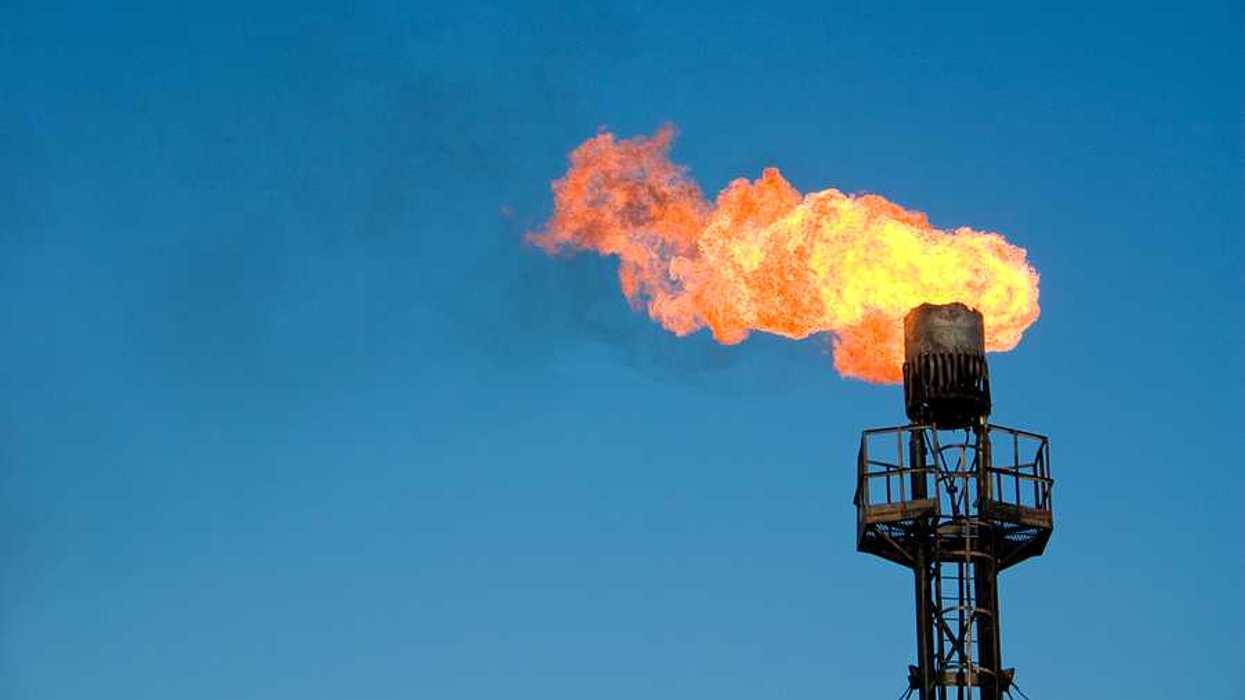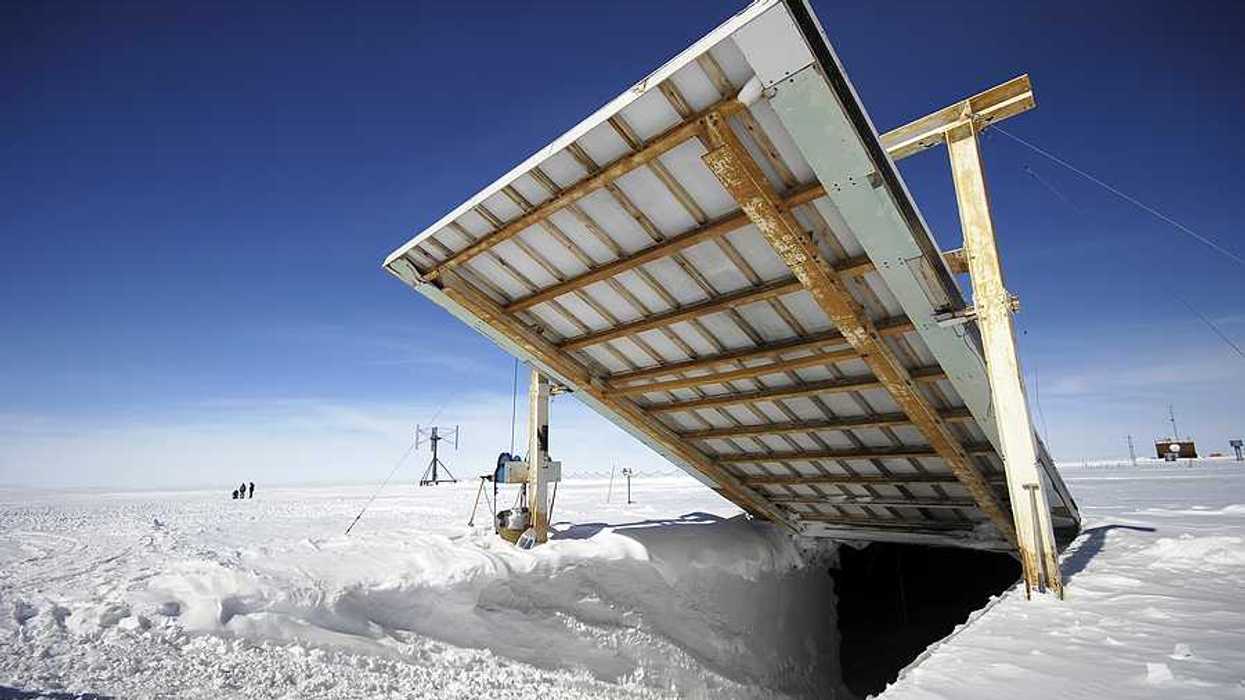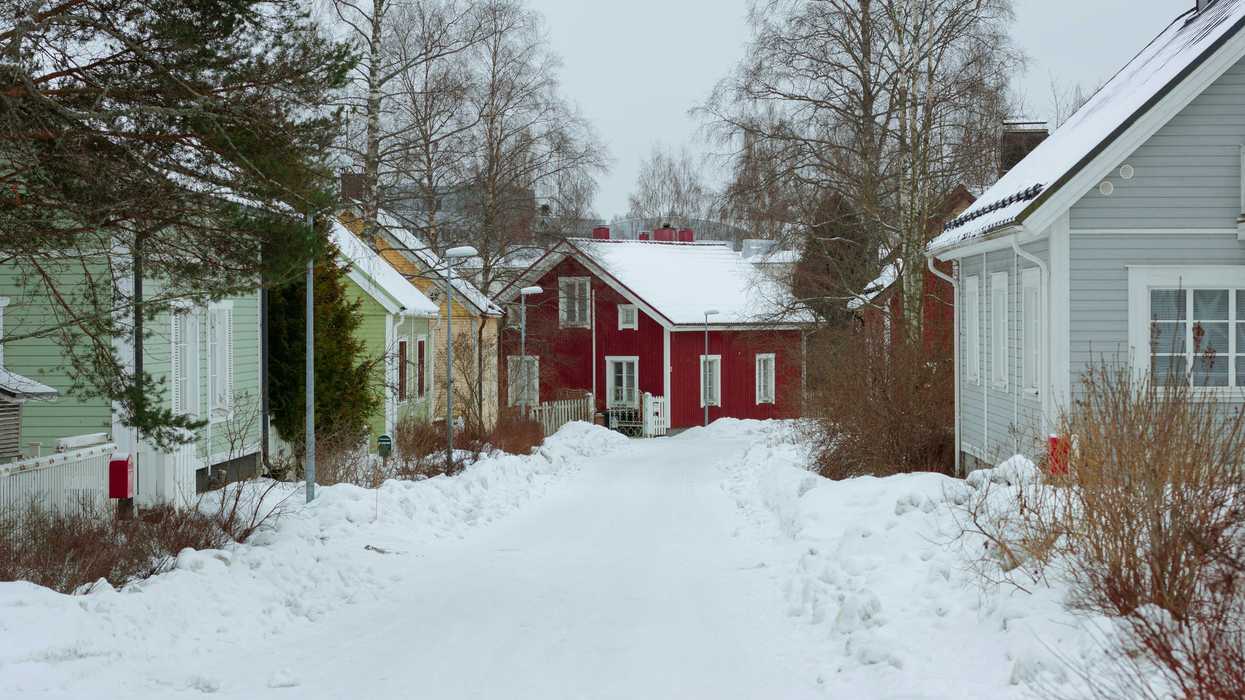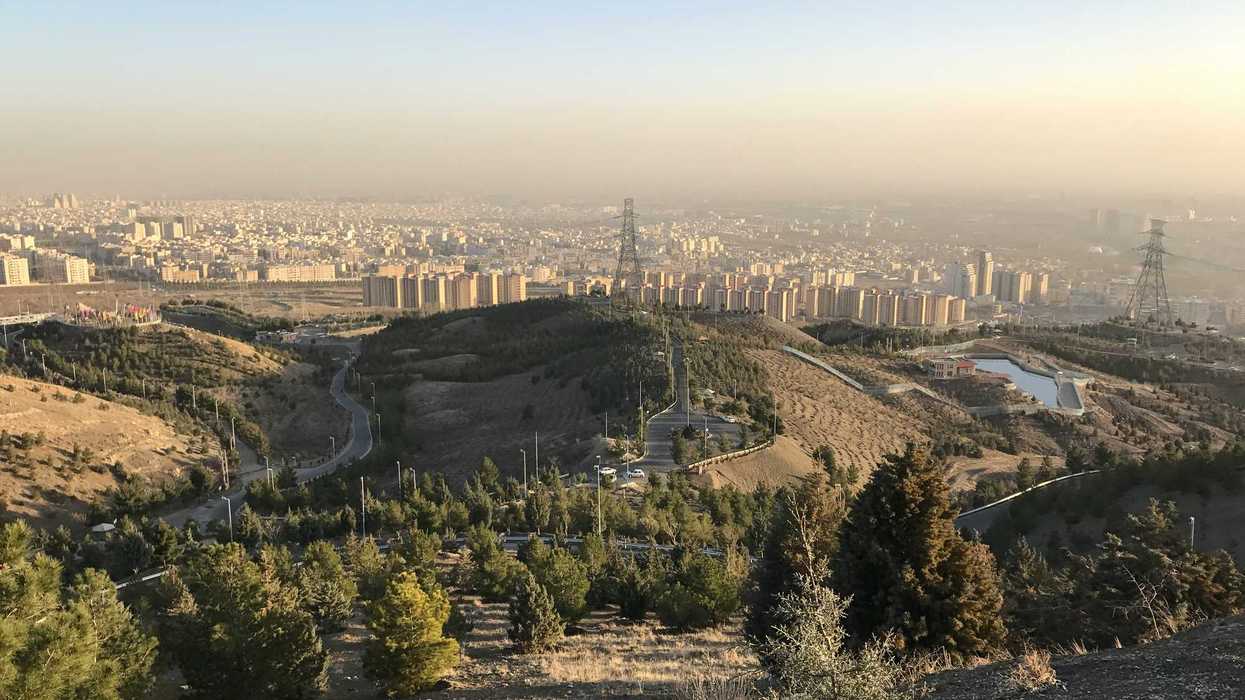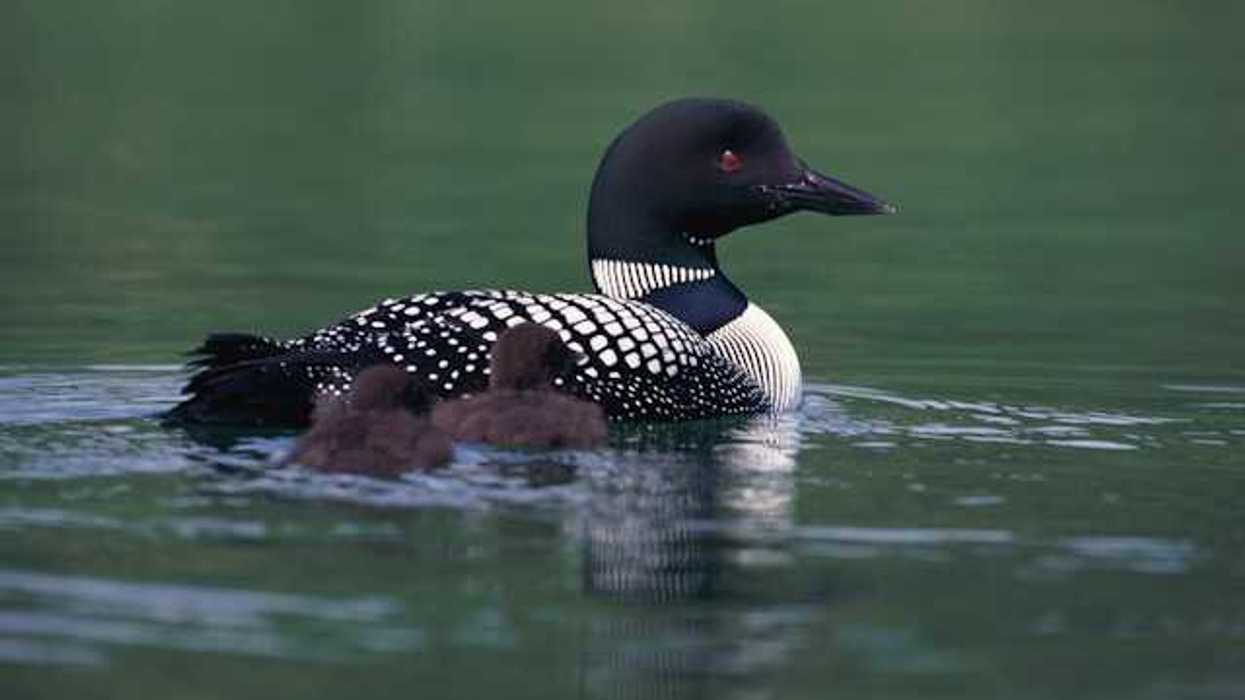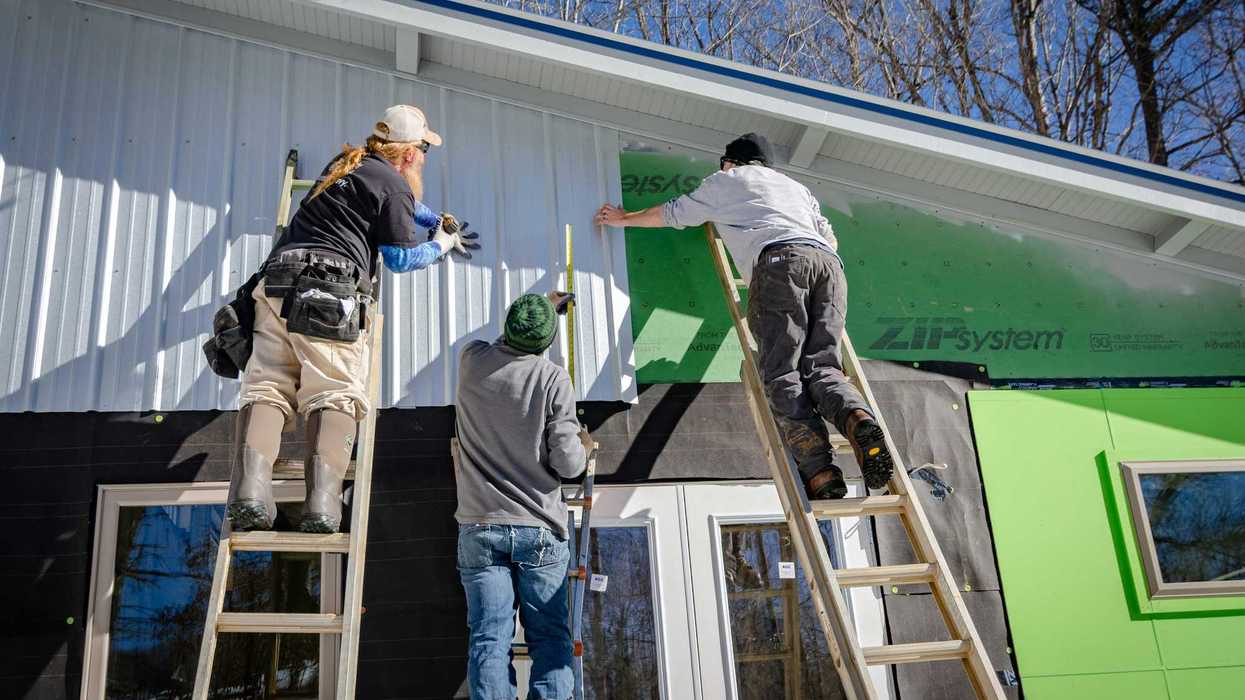In California’s Mojave Desert, rising temperatures, wildfires and invasive grasses are devastating Joshua trees, prompting state officials to create refuges and stricter regulations to protect the species.
Jim Robbins reports for Yale Environment 360.
In short:
- Recent wildfires have killed millions of Joshua trees, especially in Mojave National Preserve, altering vital desert ecosystems.
- Climate change threatens Joshua trees by increasing temperatures, reducing rainfall and fueling the spread of invasive, flammable grasses.
- California's new Western Joshua Tree Conservation Act aims to safeguard the species by controlling development and protecting key habitats.
Key quote:
“The temperature is important, but rainfall is really important. If you couple higher temperatures and drier conditions, you are screwed.”
— Cameron Barrows, retired research ecologist, UC Riverside
Why this matters:
Joshua trees are a keystone species in the Mojave Desert, supporting diverse wildlife. Their loss would not only devastate ecosystems but also signal severe impacts from climate change in arid regions.


